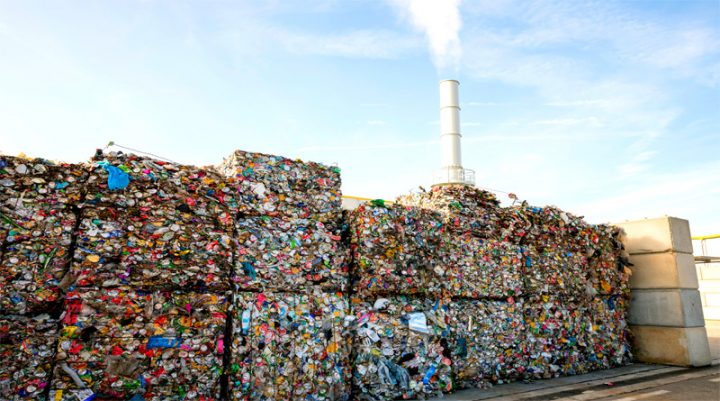

No More Imports
The Greater Hyderabad Municipal Corporation (GHMC) has revived one of its long pending projects, through which it plans to generate almost 100 MW of power from waste.
With its ever growing population the major Challenge that GHMC is facing today, is the high quantity of Municipal solid waste that is being generated by the twin city. As of today, the majority of this municipal waste is disposed of in the different landfill sites located around the city and there is no major garbage disposal facility for municipal solid waste. Landfills are a temporary option and also a big environmental hazard if kept open.
The project will introduce four new power plants that will come up in Jawaharnagar, Old City, LB Nagar and Bibinagar. The four plants would meet the total estimated output of 100 MW. RDF Power Project Limited, a subsidiary of IL&FS Environment Infrastructure and Services Limited along with GHMC have come together to establish a Power plant based on a new RDF based Power production technology which will convert 1000 MT of Municipal waste into RDF (Refused Derived Fuel) for generation of 11 MW of electricity per day at its facility located at Bibinagar, Nalgonda District. The plans received a major boost when the plant came through with successful results during its test run.
Additional Commissioner, GHMC, Musharraf Faruqui confirmed that GHMC and RDF conducted the test run recently and were able to connect the power generated to
the grid on a one-time basis. The project is now awaiting approval from two boards, TSTransco to connect it permanently to the electrical grid and from the Telangana State Pollution Control Board.
To prevent pollution, the plants are equipped with a flue gas cleaning system, which permanently removes the harmful emissions from the plant. The Pollution Control Board had raised objections over the use of the cooling water instead of air cooling system for the power plants. With looming concerns that water being drawn from the Musi River would result in water shortages, GHMC is yet to address these concerns.
Currently, integrated garbage is being used to produce power. The city generates about 5,000 tonnes of garbage every. “Initially, the 11MW capacity Bibinagar plant will generate 6 MW. This will be the first waste to energy plant in Telangana after getting synchronisation clearance from TSSPDCL and Transco and a consent for operation from the PCB. We will soon upgrade it,” said Musharraf. GHMC is planning to complete the second phase of the plant by December 2018.
In a key step toward advancing clean energy adoption, Ahmedabad headquartered IRM Energy Ltd has…
Biofuels conglomerate Aemetis has announced that its subsidiary in India – Universal Biofuels – has…
The Greater Noida Industrial Development Authority (GNIDA) has commenced construction of a 300-tonne-per-day (TPD) bio-CNG…
The World Earth Day – with this year’s theme on ‘Our Power, Our Planet’ –…
In a significant step toward promoting decentralized waste management and clean energy, Tata Steel UISL…
Jaipur headquartered bioenergy player Rajputana Biodiesel Ltd has announced that its subsidiary, Nirvaanraj Energy Private…